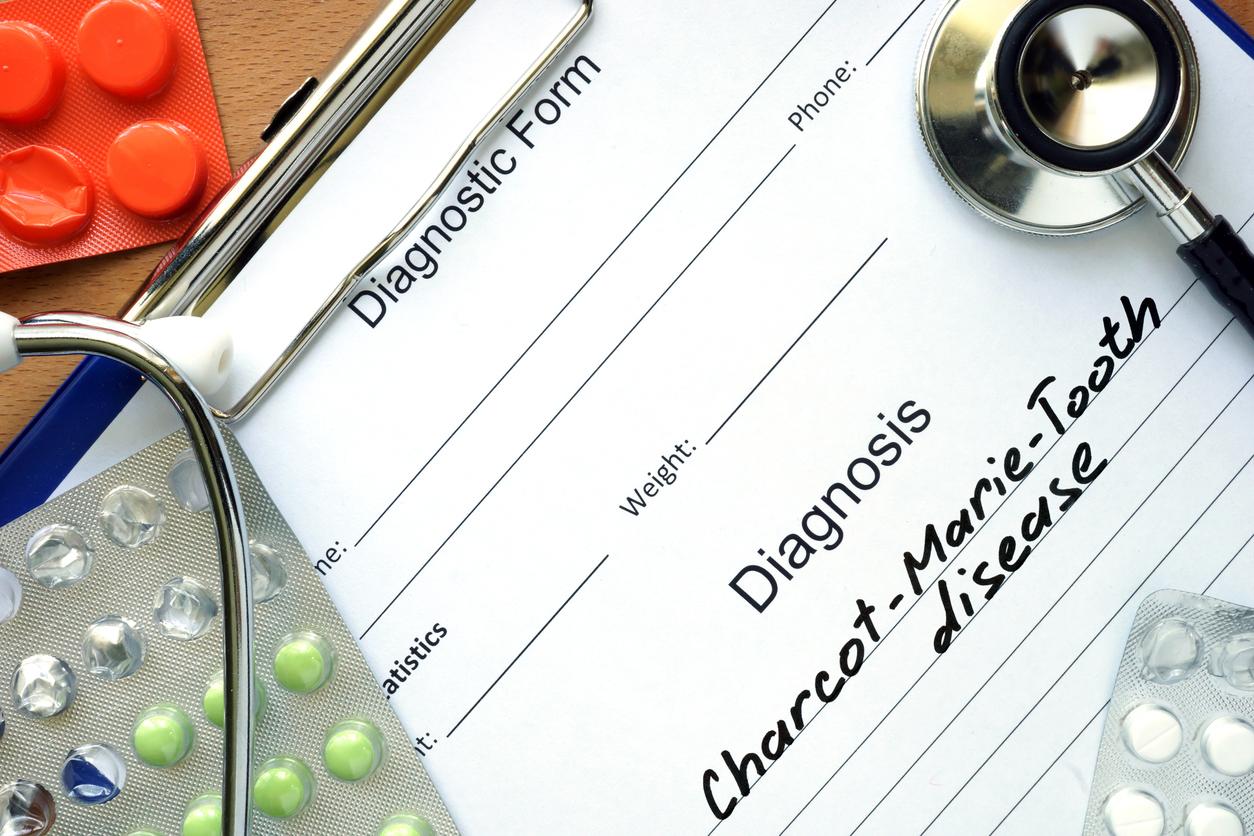An American study recently indicated that the protein apolipoprotein A1 could slow the progression of Charcot’s disease, a degenerative pathology. It would protect the endothelial cells which constitute the coating of the blood vessels.

- Charcot’s disease results in complete paralysis of the muscles of the legs, arms and throat.
- Nearly 6,000 people are affected by amyotrophic lateral sclerosis in France.
Amyotrophic lateral sclerosis (ALS) is a degenerative disease characterized by progressive paralysis of the muscles involved in voluntary motor function. Also called Charcot’s disease, this serious condition also impacts phonation and swallowing in patients.
Charcot’s disease usually leads to the death of the patient within three to five years of diagnosis. Respiratory muscle damage is the leading cause of death. For now, there is no treatment that can cure amyotrophic lateral sclerosis.
The protective role of a protein against amyotrophic lateral sclerosis
In a new study published in the journal in Euro, American researchers have observed the effects of apolipoprotein A1, a protein, on the endothelial cells that line the inner surface of blood vessels. These cells form a barrier between the brain, the tissues of the spinal cord and the bloodstream.
During the research, scientists from USF Health Morsani College of Medicine at the University of South Florida (USA) placed apolipoprotein A1 in a petri dish subjected to environmental conditions similar to those of Charcot’s disease. According to the team, the cells damaged by the disease absorb the protein, which considerably reduces the damage caused to endothelial cells. Apolipoprotein A1 protects them from toxic substances present in the blood.
Previous studies have also revealed that apolipoprotein A1 has a protective effect on endothelial cells, particularly in patients with diabetes or atherosclerosis.
Charcot’s disease: apolipoprotein A1 would slow down its development
“With a functional barrier, the hope is that the central nervous system environment becomes less toxic and disease progression can be slowed”, said Svitlana Garbuzova-Davis, co-author of the study and Professor in the Department of Neurosurgery and Brain Repair at the University of South Florida. Faced with these conclusions, the scientists plan to start future tests on animals affected by amyotrophic lateral sclerosis.
Depending on the results in animals, clinical trials on patients affected by the pathology could be considered. Apolipoprotein A1 could then be considered as a potential new therapy for endothelial cell repair.
“It is a little early to predict what the final effect will be for patients (…). In this study, we used a cell culture model where we can control all aspects of what the cells are exposed to. is not possible to have the same degree of control in humans”however, said Professor Alison Willing, co-author of the study.

















